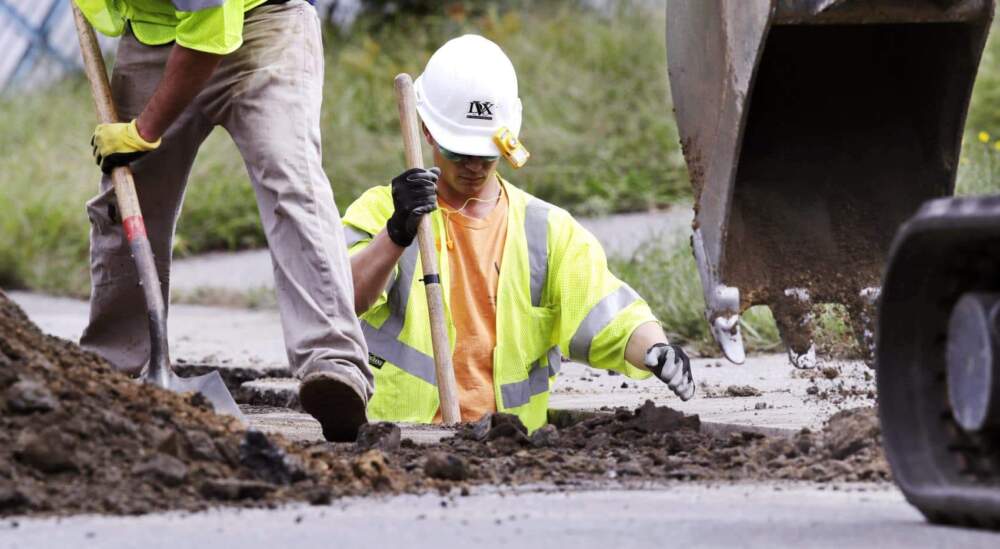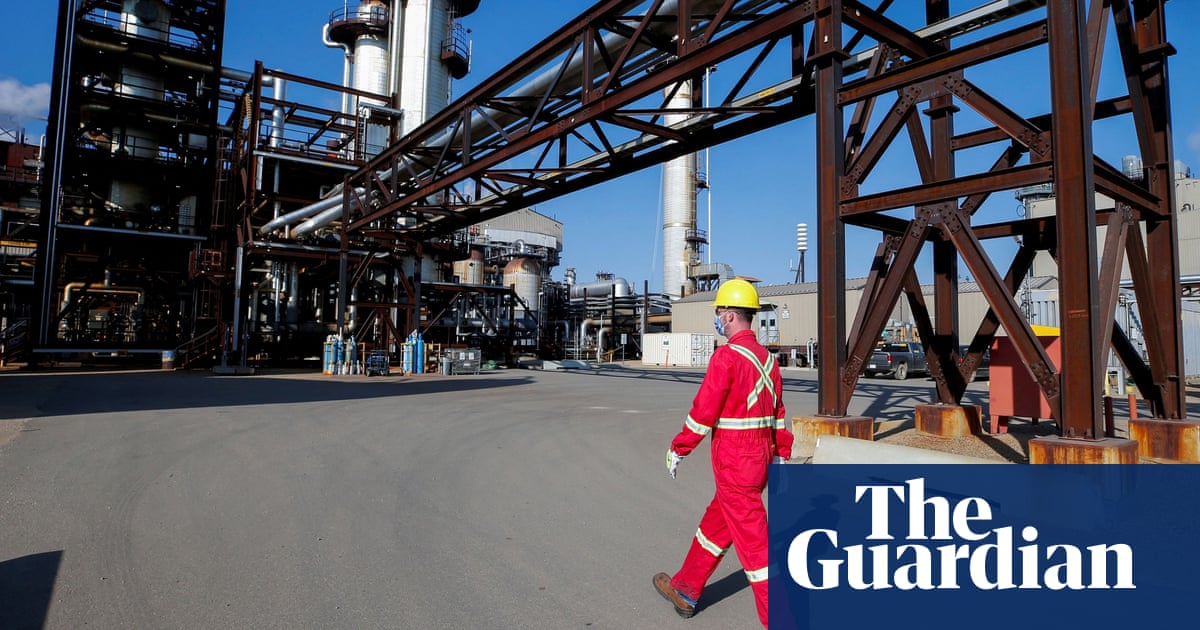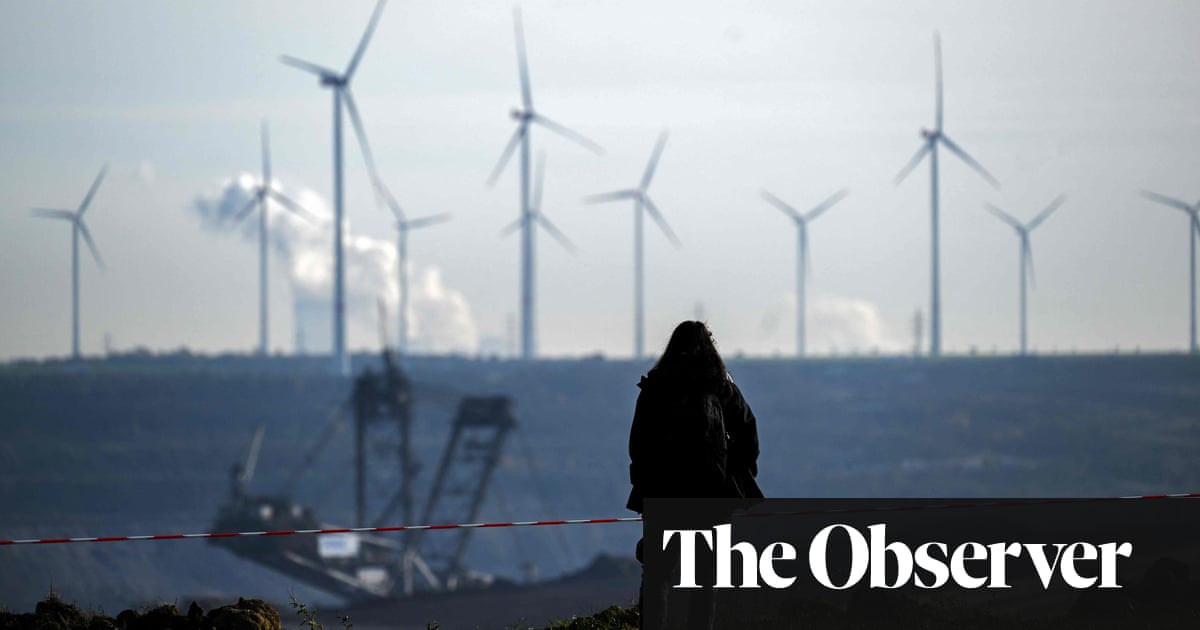ItsNotAboutTheMoney
Well-Known Member
This flight had no paying passengers so was a complete waste. Just greenwashing.
Key line in the article is "Aircraft are usually only allowed to use up to 50% in a blend." This was a test flight using 100%.
Aviation industry won't allow flights with passengers to use 100% until there's sufficient data from testing.











